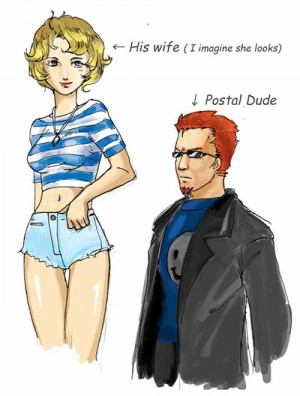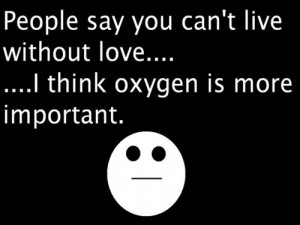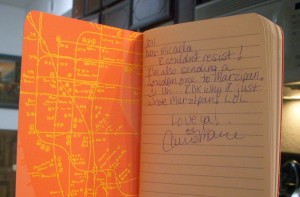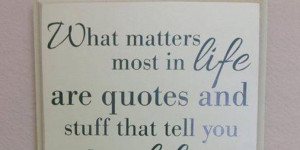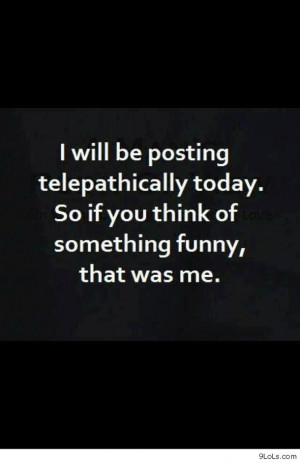Postal Quotes
We get information in the mail, the regular postal mail, encrypted or not, vet it like a regular news organization, format it - which is sometimes something that's quite hard to do, when you're talking about giant databases of information - release it to the public and then defend ourselves against the inevitable legal and political attacks.
I had an uncle who was a postal official at the Polish post office in Gdansk. He was one of the defenders of the Polish postal service and, after it capitulated, was shot by the Germans under the provisions of martial law. Suddenly he was no longer a member of the family, and we were no longer allowed to play with his children.




